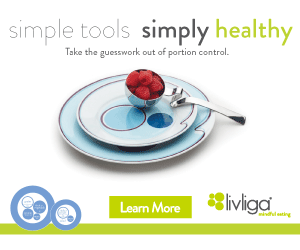I am all about healing these days. Since we have been using curry paste more regularly in recipes, I thought I would troll the web to see what health benefits it might contain. Little did I know one of its may benefits is reducing inflammation...just what I need for healing my knee and leg...also great in heart health! Here is what I found out-
Curry paste is a flavoring agent used commonly in cooking throughout Southeast Asia made principally from galanga -- a type of ginger -- and the spice cumin. Used often to flavor lentil soups and various meats, curry paste has a number of properties that may help fortify your health for minimal calories, according to Dr. Jonny Bowden, a clinical nutrition specialist and author of "The 150 Healthiest Foods on Earth."
One tbsp. of curry paste contains approximately 25 calories and an assortment of vital nutrients, Bowden says. Curry paste also contains about 50 percent of your daily recommended value of vitamin A, a powerful antioxidant that aids in tissue health, and about 10 percent of your daily value of vitamin C to fortify your immune system and help facilitate strong connective tissue and collagen growth .
Curry paste's two primary ingredients can have profound effects on inflammation, according to Dr. John Berardi, a nutritional biochemist and adjunct faculty member at the University of Texas at Austin. The likely culprit is a component called curcumin that inhibits certain enzymes from converting benign chemicals into ones that encourage and allow inflammation. Berardi suggests in addition to frequent curry paste consumption that in the event of an acute inflammation, 400 to 600 mg of curry powder concentrate in capsule form can help you heal more quickly.
According to Dr. TP Ng of the Department of Psychological Medicine at the National University of Singapore, curry consumption is linked directly to cognitive function as we age. In a survey of 1,010 Singapore residents between 60 and 93 years old, those who ate curry had significantly stronger cognitive performance than those who "rarely or never" ate curry. The results suggest that eating curry as infrequently as one time per month may be adequate to protect your cognition.
Curry paste's high concentration of ginger may be beneficial for those battling nausea, say sources at the University of Maryland Medical Center. Consumption of 1 g of ginger daily, about a teaspoon, had anti-nausea effects in both pregnant women suffering from morning sickness and also novice sailors experiencing seasickness. The University of Maryland Medical Center notes, too, that curry paste may also be beneficial to those undergoing bouts of chemotherapy.
Looks like we will be using Curry Paste even more regularly!
loading..













No comments